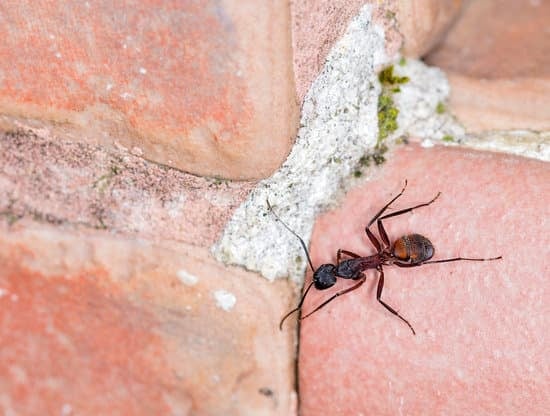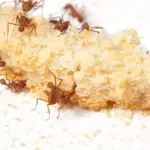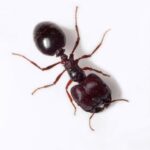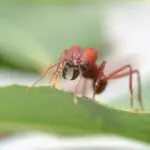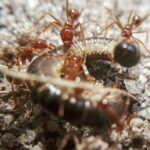Can Ants Have Slave Workers?
Having slaves is something that most ants cannot do. The term is actually used for a more specialized group of workers, known as slave-makers. These workers rob brood from other colonies and bring them back to their own nest.
In the ant world, social parasitism occurs in a small number of genera. Many parasitic species are dependent on host workers for their survival. These parasitic ants use their host workers to protect their queens, maintain their nest, and reproduce. They sometimes even feed their slave workers.
Although these parasites are not analogous to human slaves, they have a unique and spectacular relationship with their hosts. In fact, it is the most unusual interspecific relationship that exists in the animal world.
The most spectacular form of social parasitism is found in the form of slave-makers. These slave-making ants turn babies into mindless automaton workers. Slave-makers kidnap babies of their enemy species and take them to their nests.
These ants also steal other colonies’ larvae and pupae. This increases the survival of their relative colonies.
One species, the Nearctic slave-maker Temnothorax duloticus, uses Temnothorax curvispinosus as its slaves. These slaves have a strong tendency to bite the queen of the slave-maker species before egg-laying.
These incidents do not usually end in death, although they may be violent. They usually occur during hot afternoons.
Slave resistance can be classified into four categories. Sabotage, reproduction, emancipation, and domestic misunderstandings. They do not overlap, but may be interrelated.
